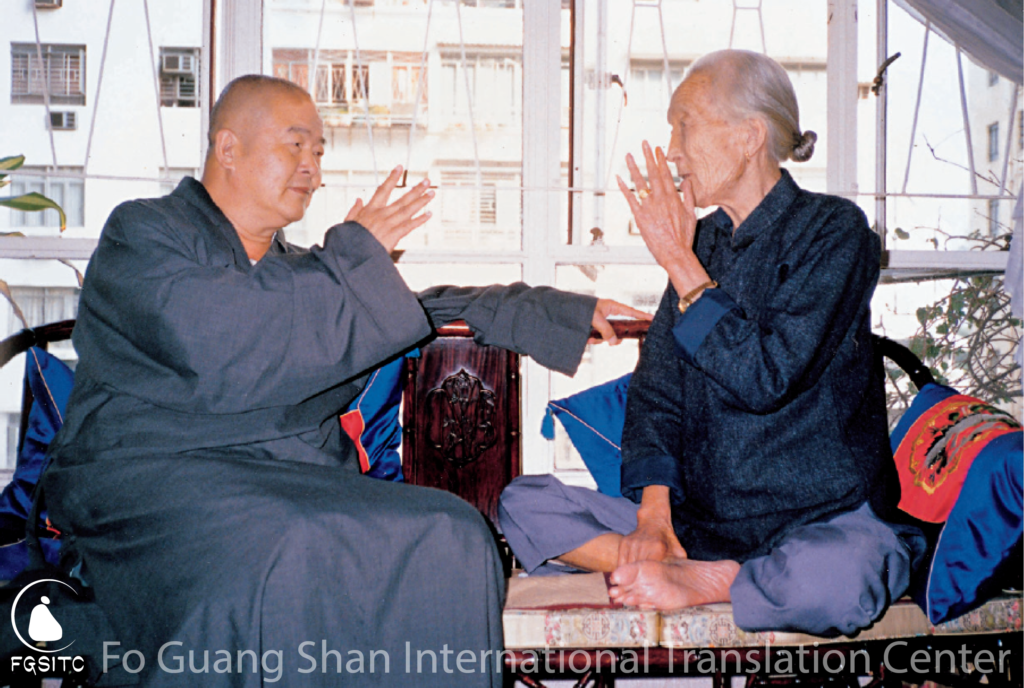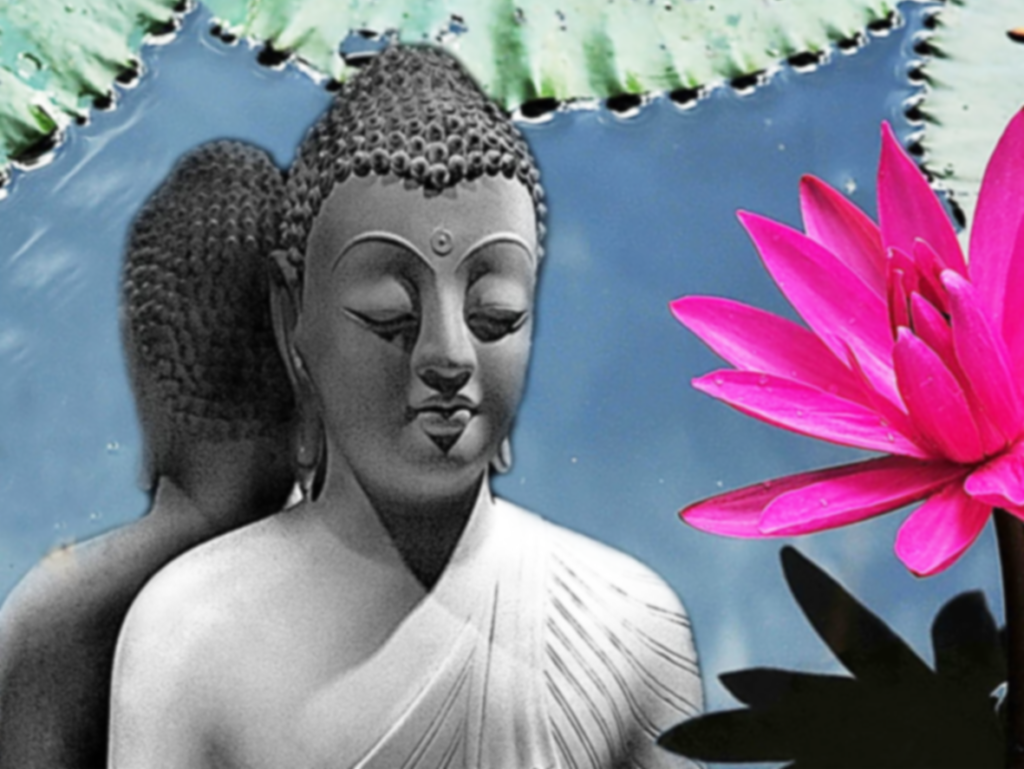
Humans are thinking animals! Since the beginning of time, there have always been people who fantasize, who have delusions, who dream—and many who have ideals. When we lie in our beds at night, we should be free from worry. Yet thoughts about our lives often arise then; thoughts about family, country, or even the world. Everything is within our minds.
The average person often tends to think of him or herself in a more positive light, but may have negative thoughts about others. In our thoughts, when something concerns us, even if it is not good, we tend to be forgiving toward ourselves; but when something of a negative nature concerns others, we are less likely to be as forgiving. Humans tend to be forgiving toward the self and strict with others.
However, if we are as critical of ourselves as we are of others, and as positive about and forgiving of others as we are about and of ourselves, then life would truly be wonderful.
When we consider the thoughts of the saints and sages, we see that their thoughts are all about carrying the responsibilities of the world on their shoulders. But when we consider the thinking of those who are bad, we see that their thoughts are all about how to take advantage of others.
In this world, there are so many people who wish to accommodate and help others; they sacrifice themselves for the good of humankind. However, there are many others who scheme and plot, with the intention of making trouble for others.
A thought, then, could be heaven or hell.
A thought can be about oneself or about you, or it may be about him or her. We are all mixed together in one another’s thoughts. There are thoughts about Buddha Land and the Pure Land. There are thoughts of others based on gossip. Sometimes there are thoughts about evil spirits or animals. If all the abstract thoughts were to be accumulated together, the entire universe would not be large enough to contain so many troubling thoughts and delusions.
Since ancient times, questions about how to regard human thought have posed major problems to the world. Some believe that intellectuals should be respected, although many great thinkers have been executed for their thinking. Even so, they advocate freedom of thought. Thinking should indeed be free, but within reason. There should be guidelines for thought. A person who is able to think righteously, truthfully, kindly, beautifully, and positively about everything is truly wise.
It was originally published in All in a Thought, written by Venerable Master Hsing Yun.
Image from Pixabay.












